wo/ga/wg-cr/4/ page 0 wipo e wo/ga/wg-cr/4/inf/1 original: english date: may 15, 2001 world intellectual property
WO/GA/WG-CR/4/
page 0
WIPO
E
WO/GA/WG-CR/4/INF/1
ORIGINAL: English
DATE: May 15, 2001
WORLD INTELLECTUAL PROPERTY ORGANIZATION
GENEVA
wipo general assembly working group on
constitutional reform
Fourth Session
Geneva, June 18 to 21, 2001
EXECUTIVE ORGANS OF CERTAIN INTERGOVERNMENTAL ORGANIZATIONS
Document prepared by the Secretariat
1 At the third session of the Working Group on Constitutional Reform
(the Working Group) in March 2001, the Secretariat provided the
Working Group with a document that summarized information received
from the organizations of the United Nations system and the World
Trade Organization on their executive bodies (see document
WO/GA/WG-CR/3/INF/2).
2 At the said session, the Secretariat was requested to revise the
document to include the functions of the executive bodies in the
various organizations (see document WO/GA/WG-CR/3/6, paragraph 51).
The functions of those executive bodies now appear in the last column
of the table entitled “Executive Organs of Certain Intergovernmental
Organizations,” which appears as an annex to this document.
[Annex follows]
executive organs of CERTAIN intergovernmental organizations
(Status on April 30, 2001)
Organization
(Number of Members)
Executive Organ
Number of Members
Periodicity of Meetings
Method of Selection/Election of Members
Functions
Food and Agriculture Organization of the United Nations (FAO)
(181)
FAO Council
49
Three sessions every two years
The Members of the FAO Council are elected for a three-year term by
the FAO Conference, which is the FAO’s fully representative body.
Guiding principles in selection: (i) balanced geographical
representation; (ii) participation of States with large contribution
to the success of the Organization; (iii) rotation of membership to
give an opportunity to the greatest number of States.
- Acts as the executive organ of the Conference and exercises powers
delegated to it by the Conference.
International Atomic Energy Agency (IAEA)
(130)
Board of Governors
35
(1999 Amendment will increase to 43 upon entry into force of the
Amendment)
Generally five times a year
Ten Members (most advanced in the technology of atomic energy) are
designated by the outgoing Board of Governors. The others are elected
by the General Conference, which is the IAEA’s fully representative
body: 25 Members with due regard to equitable representation, of which
at least: five from Latin America, four Western Europe, three Eastern
Europe, four Africa, two Middle East and South Asia, one South East
Asia and the Pacific, one from the Far East.
- Examines and makes recommendations to the General Conference on the
IAEA’s accounts, program and budget and considers applications for
membership;
- approves safeguards agreements and the publication of the IAEA’s
safety standards;
- appoints, with the approval of the General Conference, the Director
General of the IAEA.
International Civil Aviation Organization (ICAO)
(185)
Council
33
Three annual ordinary sessions
The Council is elected by the Assembly (the ICAO’s fully
representative body) every three years.
- Carries out the directions of the Assembly and administers the
finances of the Organization;
- appoints and defines the duties of an Air Transport Committee and an
Air Navigation Commission;
- appoints the Executive Head of the Organization and makes provision
for the appointment of other personnel as may be necessary;
- adopts international standards and recommended practices; and
- reports to the Assembly and to contracting States any infractions of
the Convention on International Civil Aviation.
International Finance Corporation (IFC)
(174)
Board of Directors
24
Frequent (e.g. twice a week)
Six Members are appointed by a single State, and 18 Members represent
multi-member constituencies.
Ex Officio Members are the Executive Directors of the World Bank.
The Chairman of the Board of Directors of IFC is also the President of
the IFC and the World Bank.
- Responsible for the conduct of the general operations of the
Corporation;
- approves project financing operations.
International Fund for Agricultural Development (IFAD)
(161)
Executive Board
18 Members and
18 Alternate Members
Three annual ordinary sessions
Members of the Executive Board are appointed for a three-year term and
they are selected from three lists. List A (comprising 22 OECD States)
selects eight Members and eight Alternate Members; List B (comprising
12 OPEC States) selects four Members and four Alternate Members; List
C (comprising 127 States) is subdivided into three sub-lists (C1
Africa, C2 Europe, Asia and the Pacific, C3 Latin America and the
Caribbean), each sub-list selects two Members and two Alternate
Members (giving precedence to the largest contributor). All
appointments are ratified by the Governing Council, which is IFAD’s
fully representative body.
The Chairman of the Executive Board is normally the President of IFAD.
- Decides on the program of work, approval of projects, programs and
grants and applications for membership and staffing within the
Organization;
- adopts or recommends action, pending final approval of the Governing
Council, on matters related to the annual administrative budget.
International Labor Organisation (ILO)
(175)
Governing Body
56 Members and
66 Deputy Members
Three annual sessions
Members of the Governing Body are appointed for a three-year term and
they are selected from Government, Employer and Worker Groups. The
Government Group selects 18 Members and 10 Members of chief industrial
importance. Employer and Worker Groups select 14 Members each.
The Government Group selects 28 Deputy Members, and the Employer and
Worker Groups select 19 Members each.
- Takes decisions on ILO policy, decides the agenda of the
International Labor Conference, adopts the draft Program and Budget of
the Organization for submission to the Conference, and elects the
Director General.
International Maritime Organization (IMO)
(158)
Council
32
(1993 Amendment will increase to 40 upon entry into force of the
Amendment)
Every six months
Members are elected every two years by the Assembly, which is the
IMO’s fully representative body.
The Assembly must be guided by the following criteria: eight Members
from States with the largest interests in providing international
shipping services; eight Members from States with the largest
interests in international sea borne trade; 16 Members from States
with interest in maritime transport or navigation, and whose election
will ensure geographical representation.
- Considers the draft work program and budget estimates prepared by
the Secretary-General, and establishes and submits to the Assembly the
work program and budget of the Organization;
-receives reports, proposals and recommendations of various Committees
and transmits them to the Assembly, together with comments and
recommendations of the Council;
- with the approval of the Assembly, appoints the Secretary General
and determines the terms and conditions of service of the Secretary
General and other personnel;
- reports to the Assembly and submits to it financial statements of
the Organization, together with the Council’s comments and
recommendations;
- enters into agreements or arrangements (which are subject to
approval by the Assembly) covering the relationship of the
Organization with other organizations;
- performs all the functions of the Organization between sessions of
the Assembly.
International Monetary Fund (IMF)
(183)
Executive Board
24
Executive Directors
Each Executive Director appoints an Alternate
Frequent, generally three days a week
The Executive Directors of the Executive Board are appointed as
follows: five are appointed (and may be replaced at any time) by the
Members having the largest quotas in the IMF. The other Directors are
elected by the other Groups of Members (for a two year term).
The Managing Director of the IMF is the Chairman of the Executive
Board.
- Supervises the implementation of policies set by member governments
through the Board of Governors.
International Telecommunication Union (ITU)
(189)
Council
46
(it shall not exceed 25% of the total number of Member States)
Annual ordinary sessions
The Plenipotentiary Conference, which is the ITU’s fully
representative body, elects the Members of the Council, with due
regard to the need for equitable distribution of seats among all five
world administrative regions of the ITU (Region A (Americas), Region B
(Western Europe), Region C (Eastern Europe), Region D (Africa), Region
E (Asia & Australia)).
The Secretary-General of the ITU acts as the Secretary of the Council.
- Acts as governing body of the union in the interval between
Plenipotentiary Conferences;
- takes steps to facilitate the implementation by the Members of the
provisions of the Constitution, of the Convention, of the
Administrative Regulations, of the decisions of the Plenipotentiary
Conference, and of the decisions of other conferences and meetings of
the Union;
- considers broad telecommunication policy issues in keeping with the
guidelines given by the Plenipotentiary Conference;
- ensures the efficient coordination of the work of the Union and
exercises effective financial control over the General Secretariat and
the three Sectors of the Union;
- contributes to the development of telecommunications in the
developing countries by every means at its disposal.
United Nations Educational, Scientific and Cultural Organization
(UNESCO)
(188 + 5 Associate)
Executive Board
58
Five times per biennium in regular sessions
The Members of the Executive Board are elected by the General
Conference, which is UNESCO’s fully representative body.
- Recommends admission of States not members of the United Nations and
summons NGO conferences on education, the sciences and humanities or
the dissemination of knowledge;
- recommends a candidate for the post of Director-General with a view
to his appointment by the General Conference;
- makes recommendations concerning invitations to NGOs to sessions of
the General Conference and approves consultative arrangements for NGOs
and formal arrangements with specialized intergovernmental
organizations;
- prepares the agenda of the General Conference, examines the program
of work for the Organization and corresponding budget estimates
submitted by the Director-General, and prepares recommendations
thereon to the General Conference.
United Nations Industrial Development Organization (UNIDO)
(169)
Industrial Development Board
53
At least one regular session each year
The Members of the Board are elected by the General Conference (the
fully representative body of UNIDO), with due regard to the principle
of equitable geographical distribution. In general, 33 must be from
“Group A” and “Group C,” 15 from “Group B” and five from “Group D,” as
those Groups are designated by the UN General Assembly.
- Under the authority of the Conference, reviews the implementation of
the approved program of work and of the corresponding regular budget
and operational budget, as well as of other decisions of the
Conference;
- recommends to the Conference a scale of assessments for regular
budget expenditures and reports to the Conference at each regular
session on the activities of the Board;
- requests Members to furnish information on their activities related
to the work of the Organization;
- in accordance with the decisions of the Conference and having regard
to circumstances arising between sessions of the Board or the
Conference, authorizes the Director-General to take such measures as
the Board deems necessary to meet unforeseen events;
- if the office of the Director-General becomes vacant between
sessions of the Conference, appoints an Acting Director-General to
serve until the next regular or special session of the Conference; and
- prepares the provisional agenda for the Conference.
Universal Postal Union (UPU)
(189)
Council of Administration
40
Annual sessions
Members are elected on the basis of an equitable geographical
distribution. At least half of the membership is renewed at each
Congress, and no member may be chosen by three successive Congresses.
- Supervises the activities of the Union between Congresses;
- promotes, coordinates and supervises all forms of postal technical
assistance;
- considers and approves the annual budget and accounts of the Union
and lays down the Financial Regulations of the Union; and
- appoints or promotes officials to the grade of Assistant
Director-General.
World Bank
(182)
Executive Directors
12
Each Executive Director appoints an Alternate
As often as required. Generally function in continuous session.
Five of the Executive Directors are appointed, one by each of the five
members having the largest number of shares. Seven of the Executive
Directors are elected by all the other Member States.
The President of the World Bank is the Chairman of the Executive
Directors.
- Consider and decide on loan and credit proposals made by the
President, and on policies that guide the general operations of the
Bank;
- present to the Board of Governors at the Annual Meetings an audit of
accounts, an administrative budget and an Annual Report on the Bank’s
operations and policies;
- serve on one or more of five standing committees which help the
Board discharge its oversight responsibilities through in-depth
examinations of policies and practices.
World Health Organization (WHO)
(191)
Executive Board
32
(1998 Amendment will increase to 34 upon entry into force of the
Amendment)
Twice a year
Members are elected by the WHO Assembly for a three year term.
Elections take place every year and are staggered to ensure
appropriate rotation. Membership in the board follows a criterion of
geographical representation, based on a consistent albeit unwritten
practice.
- Advises on, and implements decisions and policies of the Assembly;
- prepares the agenda of meetings of the Assembly;
- submits to the Assembly for consideration and approval a general
work program and takes any emergency measures to deal with events
requiring immediate action, e.g. authorizing the Director General to
take the necessary steps to combat epidemics.
World Trade Organization (WTO)
(140)
None
(all the WTO main and subsidiary bodies are composed of
representatives of all Members)
-
-
-
- There is no Executive Organ
[End of Annex and of document]
 UNIVERSIDAD DE LAS PALMAS DE GRAN CANARIA ANEXO 5
UNIVERSIDAD DE LAS PALMAS DE GRAN CANARIA ANEXO 5 REPUBLIKA HRVATSKA MINISTARSTVO OBITELJI BRANITELJA I MEĐUGENERACIJSKE SOLIDARNOSTI
REPUBLIKA HRVATSKA MINISTARSTVO OBITELJI BRANITELJA I MEĐUGENERACIJSKE SOLIDARNOSTI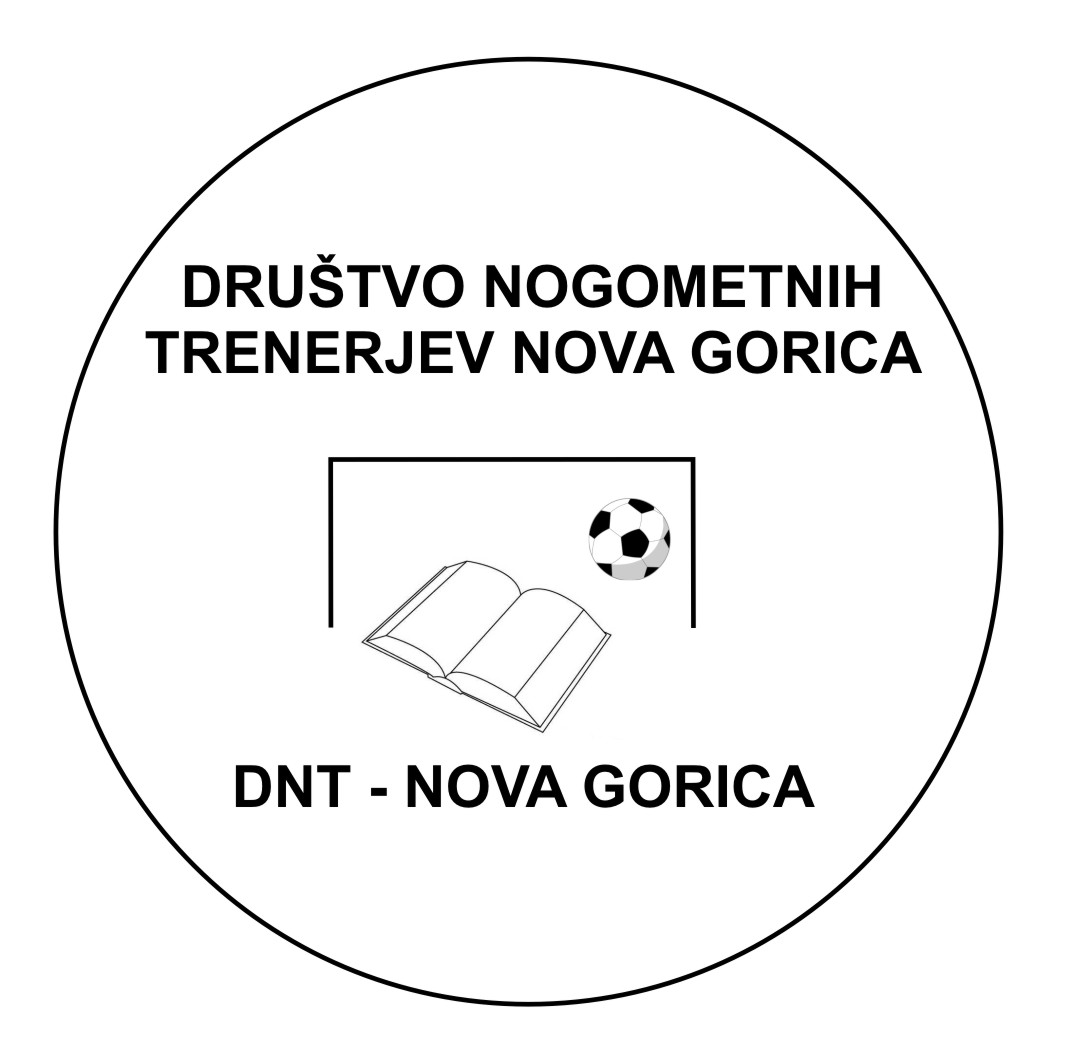 D N T DRUŠTVO NOGOMETNIH TRENERJEV NOVA GORICA NASLOV
D N T DRUŠTVO NOGOMETNIH TRENERJEV NOVA GORICA NASLOV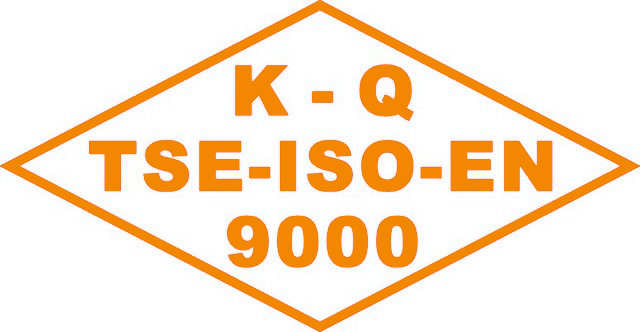 ÖZELLEŞTİRME NEDENİYLE TAPU VE KADASTRO GENEL MÜDÜRLÜĞÜNE 657 SAYILI
ÖZELLEŞTİRME NEDENİYLE TAPU VE KADASTRO GENEL MÜDÜRLÜĞÜNE 657 SAYILI STATE PARTICIPATING ADDENDUM RATE SUMMARY EFFECTIVE JULY 1 2016
STATE PARTICIPATING ADDENDUM RATE SUMMARY EFFECTIVE JULY 1 2016 DRONE WARFARE KILLING BY REMOTE CONTROL P RESENTATION &
DRONE WARFARE KILLING BY REMOTE CONTROL P RESENTATION & CONFÉRENCE DES PRÉSIDENTS DES 1415 MARS 2009 GUIDE DES
CONFÉRENCE DES PRÉSIDENTS DES 1415 MARS 2009 GUIDE DES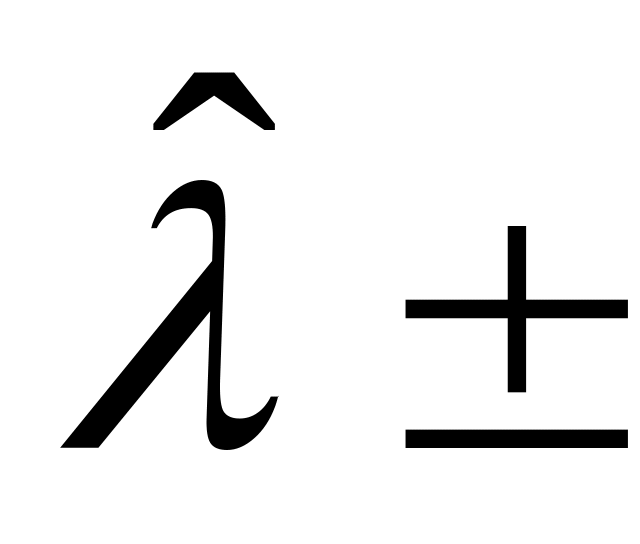 SAMPLE SIZE REQUIREMENTS FOR THE INTERNAL VALIDATION OF PSYCHIATRIC
SAMPLE SIZE REQUIREMENTS FOR THE INTERNAL VALIDATION OF PSYCHIATRIC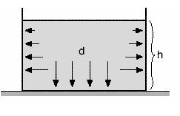 S SIVILARDA BASINÇ IVILAR AKIŞKAN OLDUKLARINDAN IÇINDE BULUNDUKLARI KABIN
S SIVILARDA BASINÇ IVILAR AKIŞKAN OLDUKLARINDAN IÇINDE BULUNDUKLARI KABIN ENCUESTA DE NECESIDADES FORMATIVAS CEOECEPYME GUADALAJARA VIENE PROGRAMANDO ANUALMENTE
ENCUESTA DE NECESIDADES FORMATIVAS CEOECEPYME GUADALAJARA VIENE PROGRAMANDO ANUALMENTE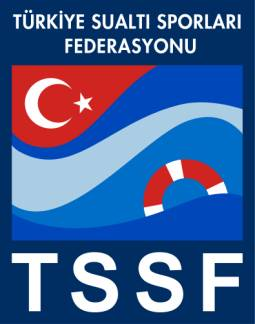 ANLAŞMA ……………………………………………………………………………… ADRESINDE BULUNAN …………………………………………………… DALIŞ MERKEZI ILE …………………………………………………
ANLAŞMA ……………………………………………………………………………… ADRESINDE BULUNAN …………………………………………………… DALIŞ MERKEZI ILE …………………………………………………